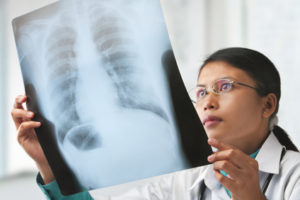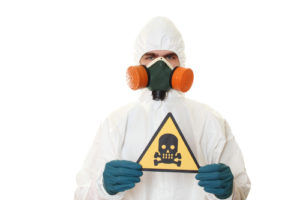Find Out How to Report Mold Found in Your Workplace

Find Out How to Report Mold in the Workplace
Mold problems aren’t limited to residential buildings. Any structure with organic materials and moisture can be a breeding ground for mold infestations. Our NYC mold removal experts offer helpful tips on reporting mold found in your workplace.
How to Report Mold in the Workplace
• Notify your manager or supervisor as soon as you discover signs of mold. Send it via email so your report is documented.
• Lead off by stating where and when you first saw mold and approximately how large of an area it covered.
• Include details about the location, including signs of moisture or water damage such as condensation, leaky pipes, dark surface stains or structural damage.
• If you don’t receive a response to your email within a couple of days, have a follow-up conversation with your manager or supervisor. Contact the human resources department or a higher-ranking manager if no action is taken.
• The Occupational Safety and Health Administration (OSHA) standards call for wet materials to be thoroughly dried and cleaned with 24 to 48 hours after a flood or other event involving water. Remind management of this recommendation if the workplace sustains any water damage.
• If your company fails to address a mold issue, contact the local OSHA office.
Stern Mold: The Leader in Residential and Commercial NYC Mold Removal
Our NYC mold removal technicians are experienced in effective treatment for both residential and commercial buildings. Contact us to schedule a free mold inspection and consultation.




